On June 9 2017, Danone signed an agreement with the Inter-American Development Bank, the largest multilateral provider of development financing in the Latin American and Caribbean region. This memorandum of understanding aims to build a healthier, more sustainable future in this part of the world where Danone is present.
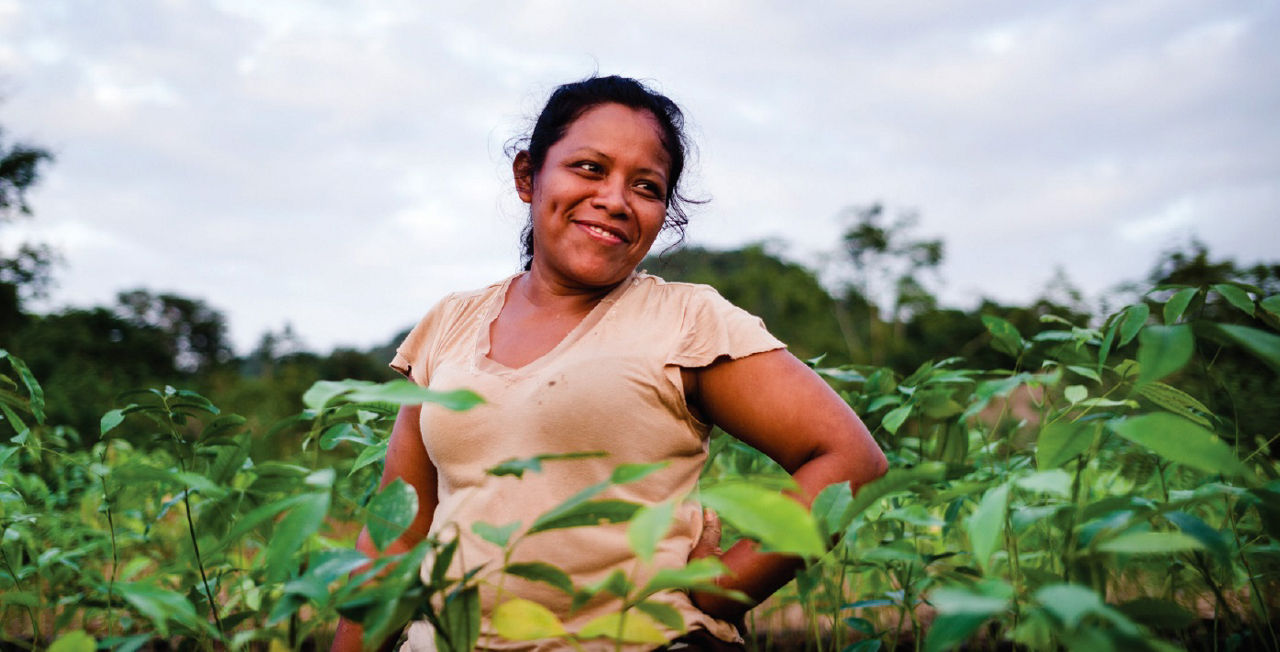
Danone’s legacy is deeply rooted in social, ethical and sustainable projects, notably through the establishment of two funds. In 2009, the Danone Ecosystem Fund was founded and initiated 75 projects in 30 countries, impacting positively on 56,000 people. Then in 2011, the Livelihoods fund was launched, which to date has helped over 615,000 people from underprivileged communities to develop and grow economically, and restore 25,000 hectares of natural ecosystems with 120 million trees planted.
The IDB memorandum will reinforce and secure at least six on-going projects mapped out by the two funds, in Argentina, Brazil, Guatemala, Mexico and Peru.
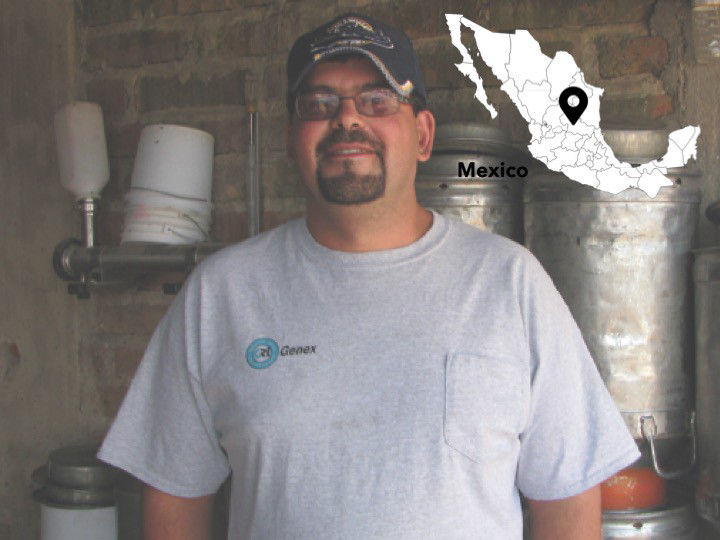
Sustainable milk co-op improves lives for dairy farmers
In Mexico, Margarita is teaching dairy farmers how to establish a sustainable milk supply strategy to reduce the precariousness and improve their daily lives. The project trains farmers in new technologies and business models. One of its aims is to create a community whereby farmers can have access to credit and support and share new means of production to become more efficient and sustainable.
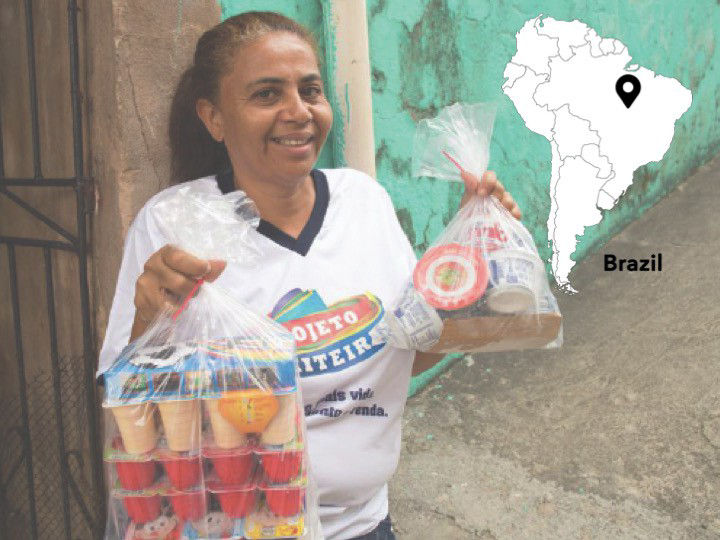
Micro-distribution empowers women into entrepreneurs
The Kiteiras project in north-eastern Brazil empowers women by creating opportunities to become entrepreneurs. With the Ecosystem Fund, Danone helped put in place a new micro-distribution sales channel for underprivileged women. Women are trained in management, sales and administration and can access micro-credit loans. Thanks to this new working activity, they can access social security, increase their income and reach independence. It’s a powerful sign of gender equality, which Danone Brazil is seeking to expand across the country.
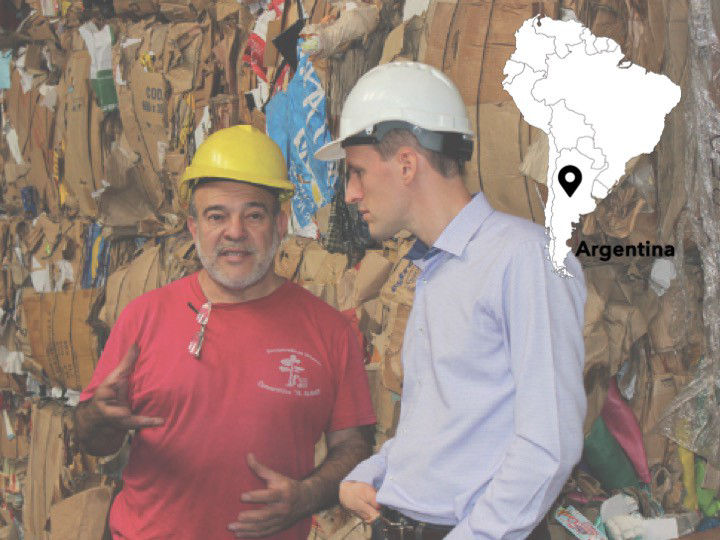
Waste-pickers to the rescue in rethinking recycling
In Argentina, sustainable agricultural practices are essential to preserve the land and longevity of crops. So too, the use of recycled material in production chains plays an important role in minimizing carbon emissions. Danone and the Ecosystem Fund, developed Cartoneros, a recycling scheme procedure to reintegrate used material into manufacturing cycles. The project not only saves energy but creates jobs for waste-pickers, giving them a fair wage along with better living and working conditions. As such the project is helping to professionalize Argentina’s recycling industry, and positively impact on recycling rates — and the carbon footprint.
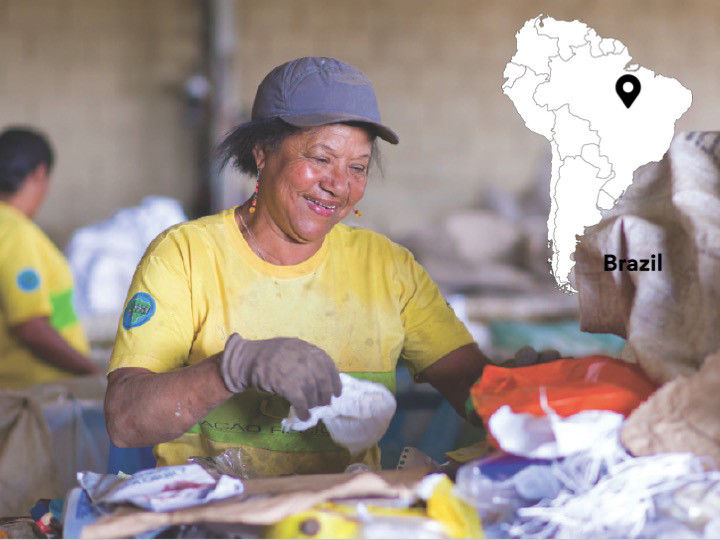
Workers given boost from better waste management
Meanwhile, in Brazil, Novo Ciclo is also generating long-term value for waste-pickers and the environment. The project is creating new channels of workflow: upgrading existing jobs, creating new ones, and providing waste-pickers with a safer working environment and better living conditions. At the same time, it is drawing attention to the importance of waste management, while increasing the recycling rate of plastic. It’s a boon for the local economy, and the society as a whole.

Farmers fight back against tropical rainforest erosion
In Cerro San Gil, Guatemala, the largest tropical rainforest on the Caribbean coast is suffering from soil erosion and loss of soil fertility. The runoff is contributing towards keeping small farmers in poverty and their social exclusion. The Livelihoods fund has established an agroforestry plan, which includes plant nurseries to provide local communities with free trees and seedlings. Farmers earn extra income by selling new crops such as rubber, coffee and patchouli to sustain their economic activity in the long run.
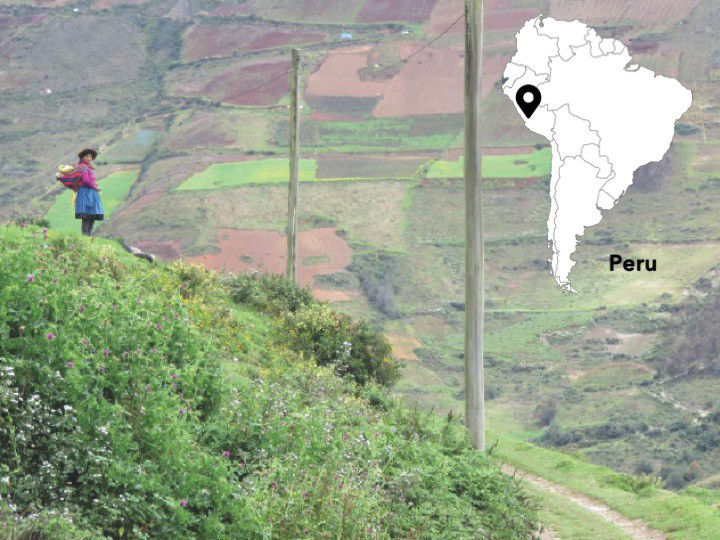
30,000 Andean families benefitting from reforestation planning
In the Huancavelica and Ayacucho regions in Peru, a reforestation project is making the region’s tough climate a little more bearable. Many of the region’s inhabitants live in poor conditions, using local trees for firewood. This project improves cooperation between public services, project staff and community leaders, with a goal of improve local community welfare and the environmental ecosystem around.
